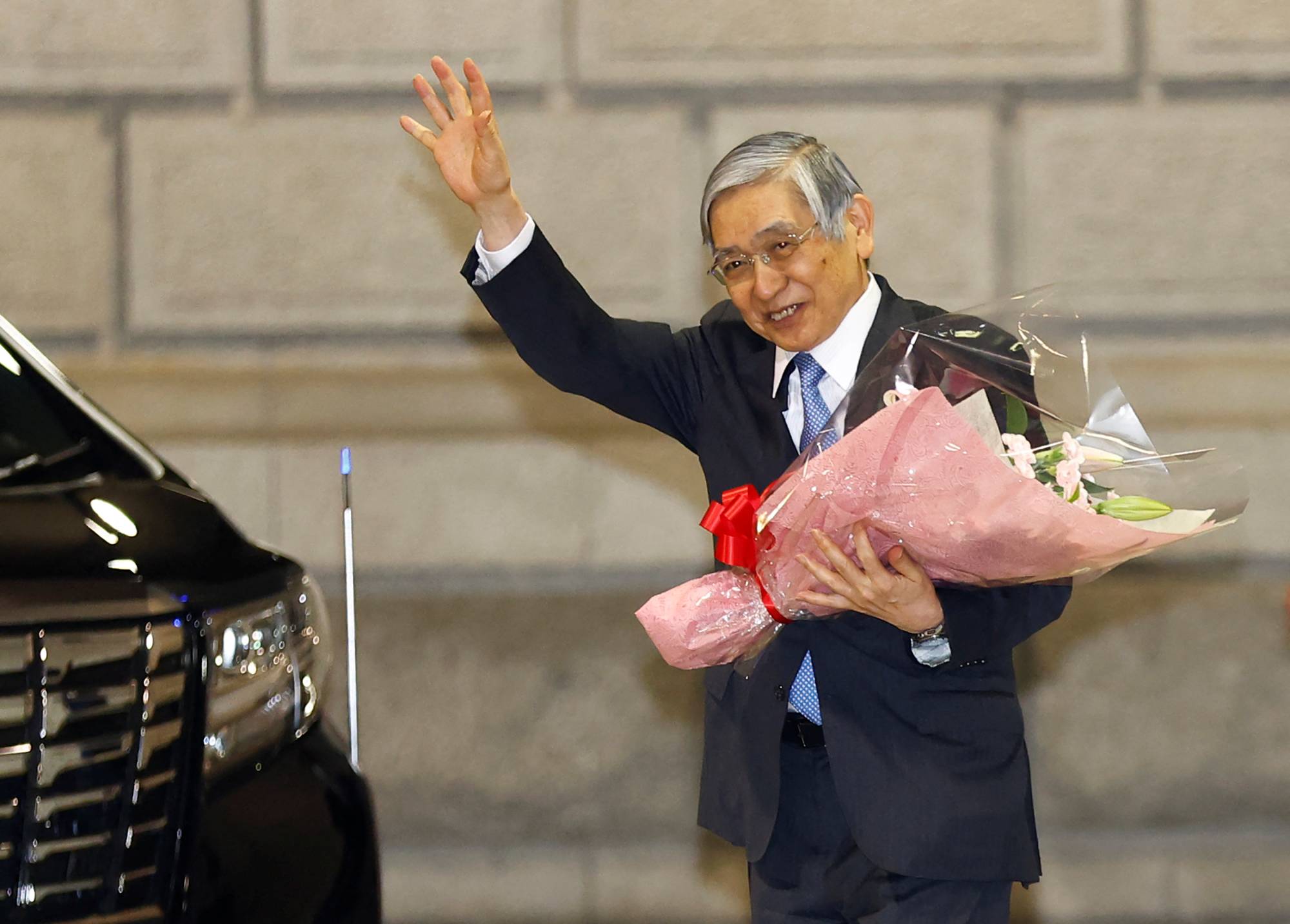Haruhiko Kuroda’s 10-year tenure at the helm of the Bank of Japan was the most consequential in the central bank’s history. Following his departure last month, it is worth reflecting on his record.
When former Prime Minister Abe Shinzo (who was assassinated last year) appointed Kuroda to lead the BOJ in 2013, Japan had been mired in deflation and recession for two decades. The legacy of the 2008 global financial crisis — which had spurred massive monetary expansion in the advanced economies — was not helping matters.
Because the exchange rate between two currencies is influenced by the relative size of their money supplies, a significant expansion of the U.S. dollar base easily could have driven up the value of the Japanese yen, hurting Japanese firms. To prevent this, the BOJ had to launch expansionary policies of its own.

















With your current subscription plan you can comment on stories. However, before writing your first comment, please create a display name in the Profile section of your subscriber account page.